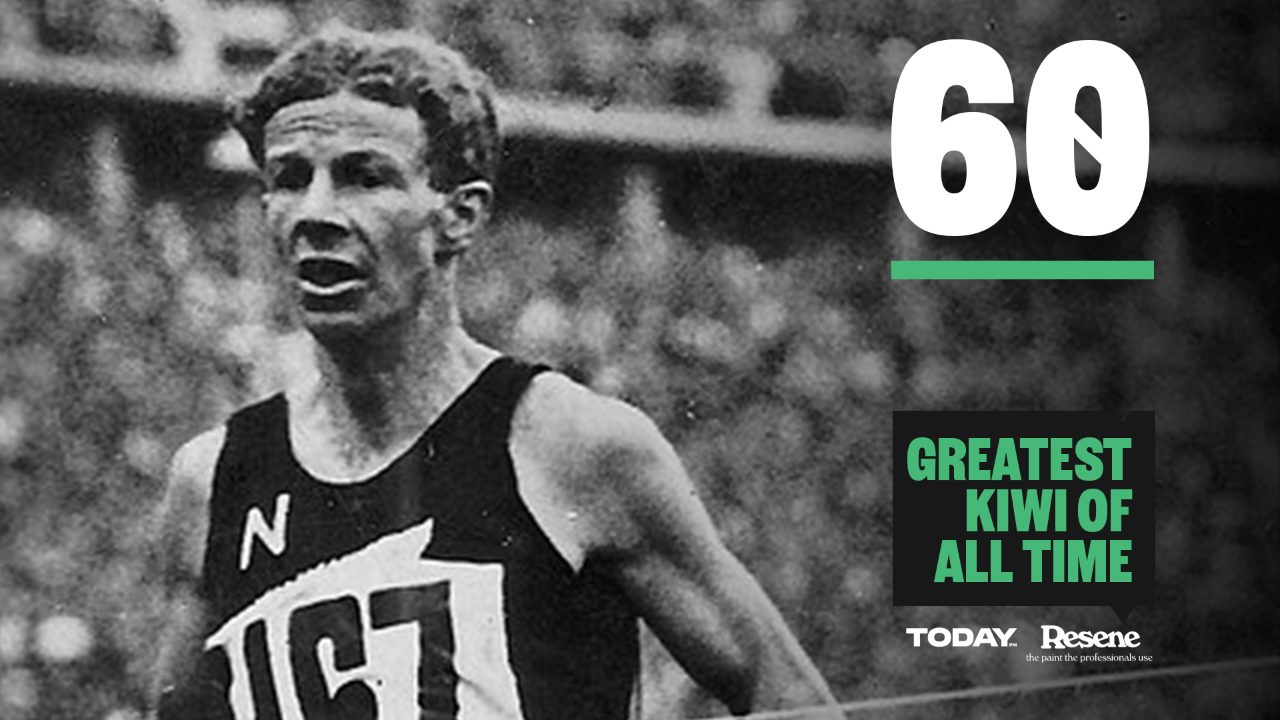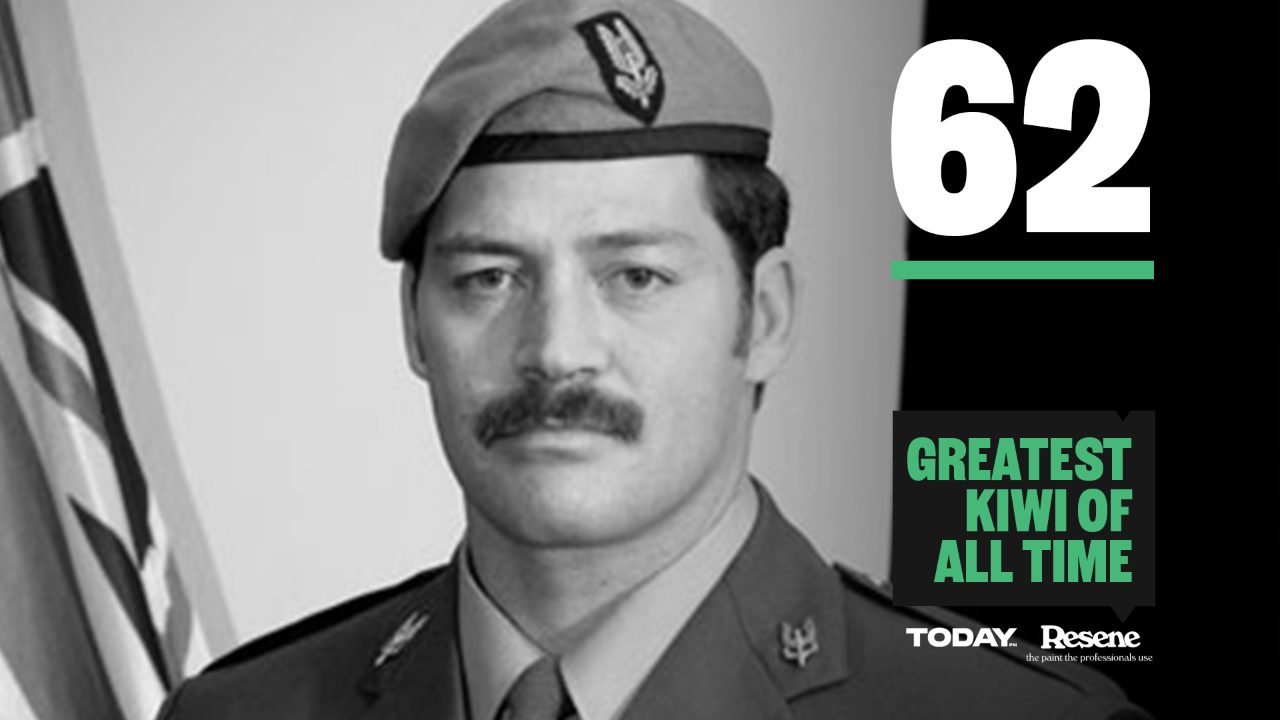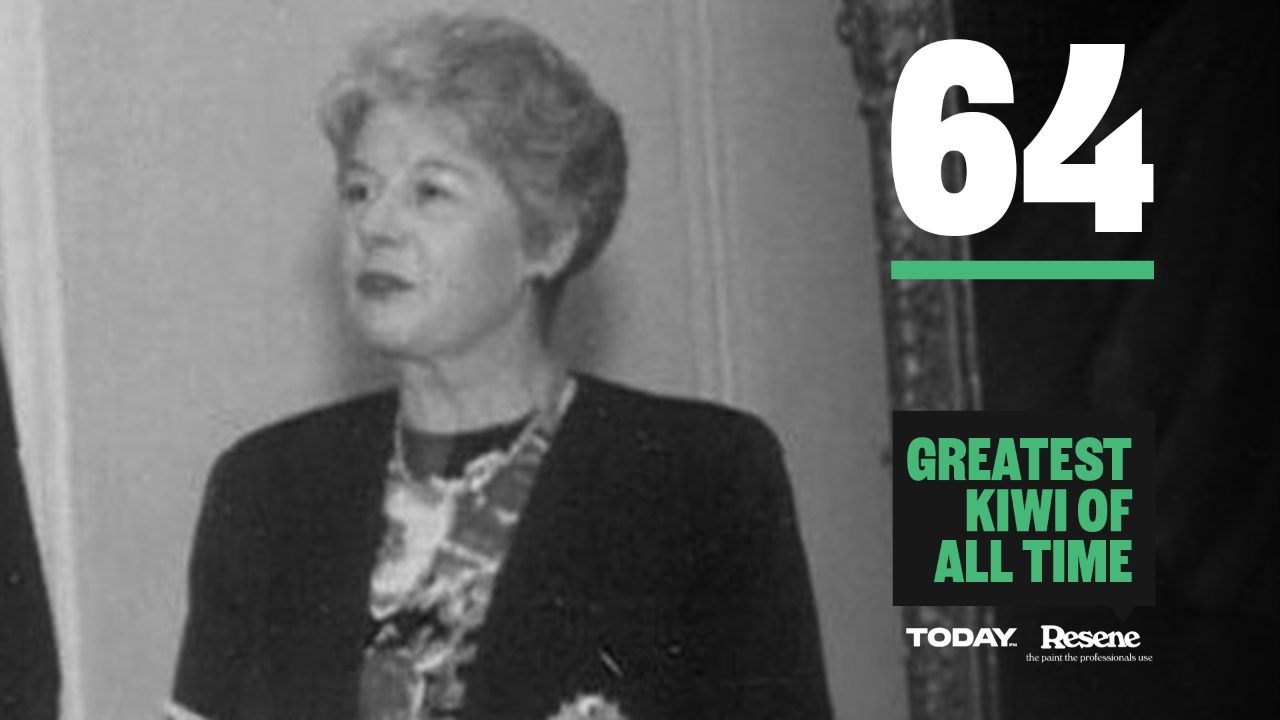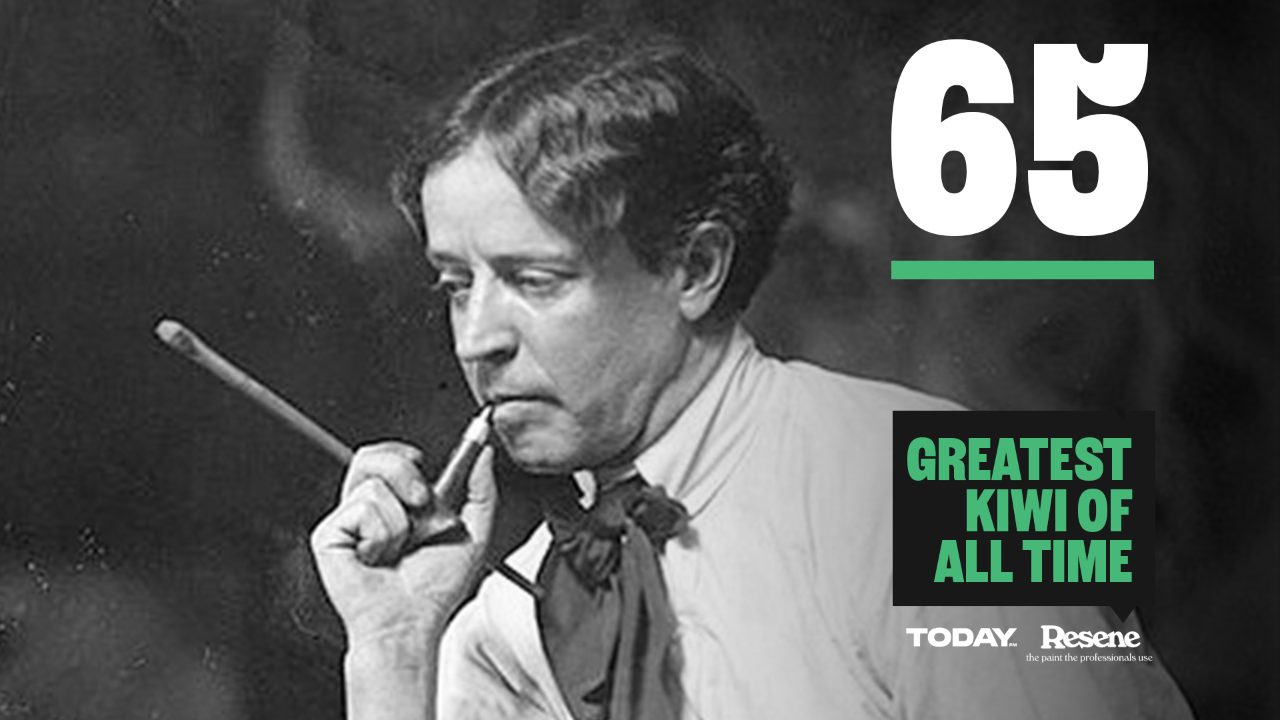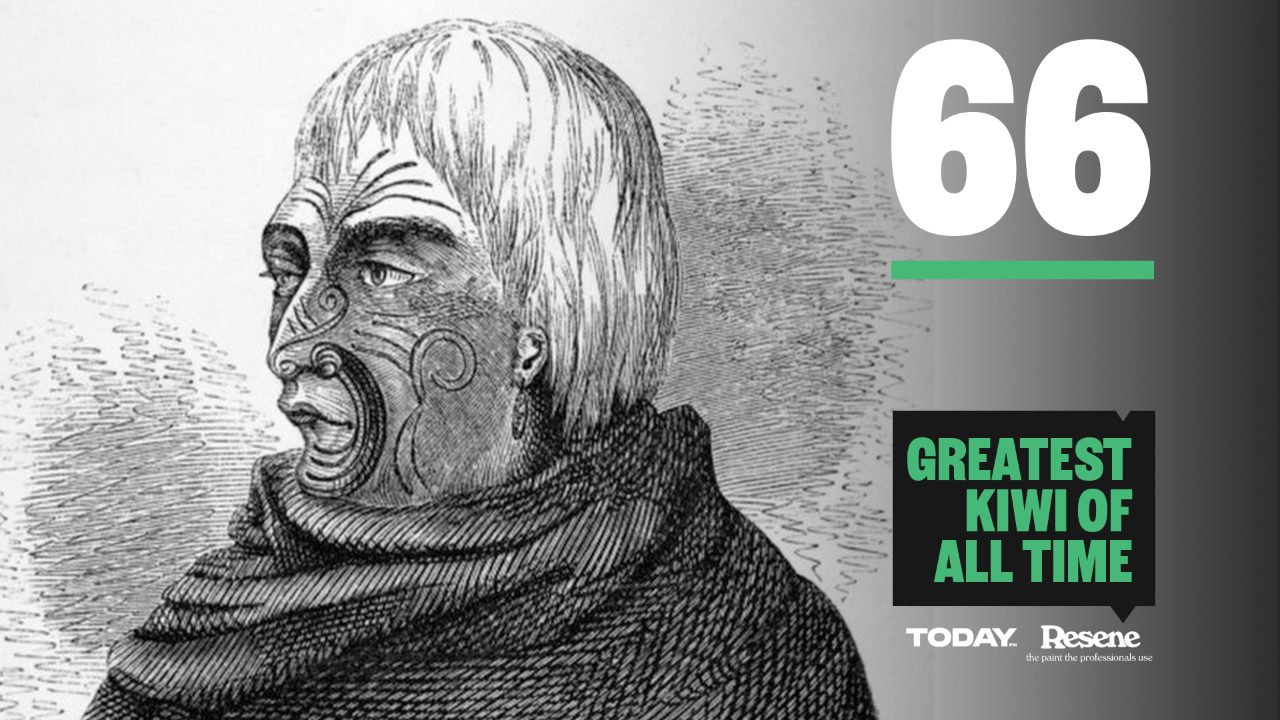Greatest Kiwi Of All Time: No. 95 - Jacinda Ardern (New entry)
It’s mid-morning in Victoria Street, Hamilton on Saturday, July 26th 1980. Saturday morning shopping has just been legalised and the public has enthusiastically embraced their new consumer freedoms.
Sharon O’Neil blares out of the record shop and the TV’s in the front window of DTR are tuned in to a repeat of South Pacific Television’s hit children’s TV show Spot On. In the distance, a Ford Cortina, fresh from its assembly in Lower Hutt, takes advantage of the end of carless days.
Down the road in Tokoroa, an 80-day strike at Kinleith Mill has finally broken Rob Muldoon’s wage freeze and, a few streets away in Hamilton Hospital, a baby is born. Her name is Jacinda Kate Laurell Ardern.
Jacinda Ardern was born and raised in Morrinsville and Murupara where her dad, Ross, was the local cop and her mum, Laurell, a school caterer. Ardern showed signs of a penchant for leadership early on, being elected by her student peers to the Board of Trustees at Morrinsville College. On the weekend she’d work at her local fish and chip shop, Golden Takeaways.
After a stint at Waikato University studying politics and communications, Ardern worked in the offices of Helen Clark and Phil Goff, before heading overseas in 2006 to New York and London to work under UK Prime Minister Tony Blair.
Two years later she became the president of the International Union of Socialist Youth, a significant achievement for any aspiring progressive politician.
But the home fires were burning and, later that year, she would return to New Zealand to become the youngest MP in parliament. It was 2008 and John Key’s National Party had swept to power. The Clark era was over. Labour, now under Phil Goff, had much rebuilding to do and in her maiden speech, Ardern committed to doing her part.
Fast forward eight-and-a-half years and four leaders later and Labour were still in the doldrums. Andrew Little was now leader and a 37-year-old Ardern had been made his deputy so as to present a fresh face ahead of the 2017 election.
On the other side, John Key had handed the baton to Bill English, but as the election loomed, the polls were still looking… well… dire. So, Andrew Little, seeing the writing on the wall, made an announcement that would propel Ardern into the leadership less than three months from polling day.
What came next can only be described, as Jacindamania.
Labour were in the game. And, on election day, they looked like a sliver of a chance of being able to form a government. That chance would cash in when, three weeks later, Winston Peters chose Labour as his coalition partner. Jacinda Ardern would be sworn in as the fortieth Prime Minister of New Zealand.
Ardern’s premiership would be punctuated by crises. On the 15th of March 2019, a terrorist attack in Christchurch would kill 51 people and injure 49 others. Ardern’s leadership throughout this period of national mourning would make her an international figure.
In December that year, Whaakari White Island would erupt killing 22 tourists and locals. Then, the following March, Ardern would face a global pandemic - COVID-19. She would lock down the country and earn global praise for her initial handling of the crisis, which at that point was threatening the lives of tens of thousands of kiwis.
New Zealanders would reward Ardern for her leadership over this time. At the 2020 election, Labour would win in a landslide, finding themselves in the unprecedented position of being able to govern alone.
Then, the atmosphere changed. Facing growing inflation and rising interest rates in the aftermath of the pandemic, the public grew increasingly tired and frustrated with Ardern and her Labour Government. Nearing the end of her second term, her departure just as sudden as her arrival, Ardern resigned as Prime Minister in January 2023 after only five years in the top job.
As only the second leader worldwide to give birth in office, Jacinda Ardern - like Key before her - has left an indelible mark on the New Zealand political scene.
While history may judge her political capital was squandered in her second term, there is no doubt Ardern lifted New Zealand’s profile on the world stage and that her decisions in the initial stages of the pandemic saved lives.
She will be remembered as the proponent of “being kind”. Jacinda Ardern - the right leader to have in crisis - and one of Today FM’s Greatest Kiwis of All Time.
GKOAT 23 - Thanks to resene.
Today FM's Greatest Kiwis Of All Time, thanks to Resene - helping Kiwis decorate with NZ made paints since 1946.




